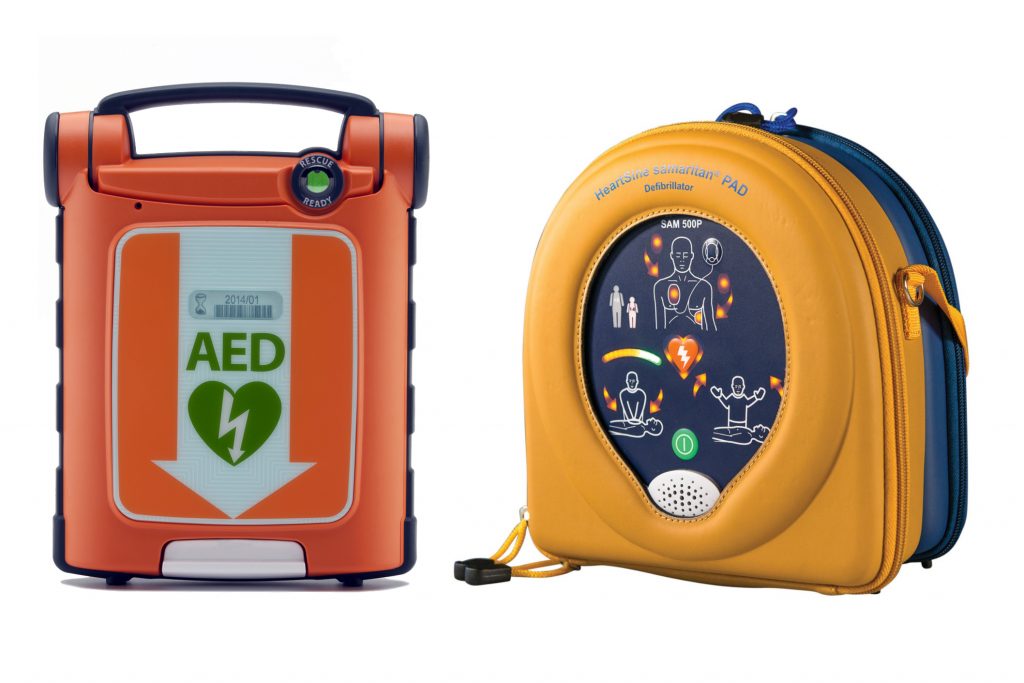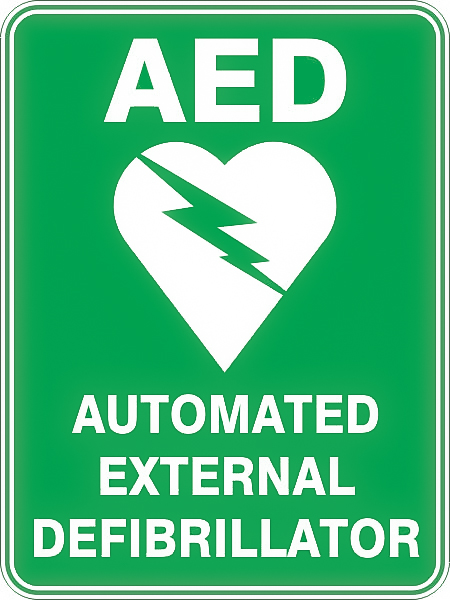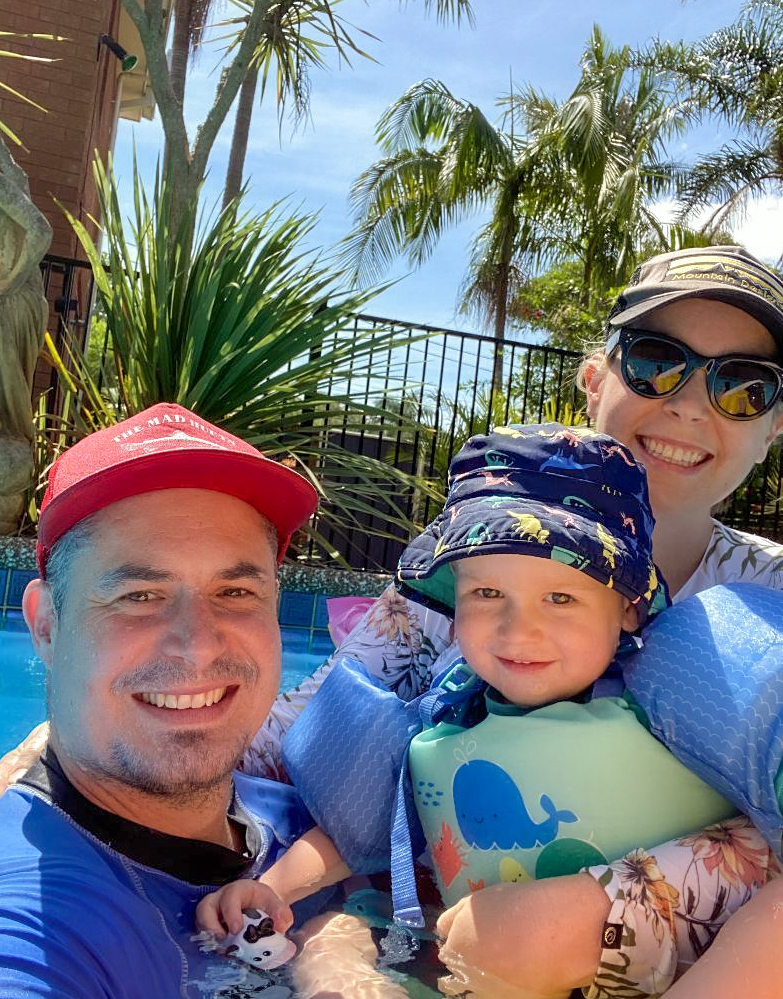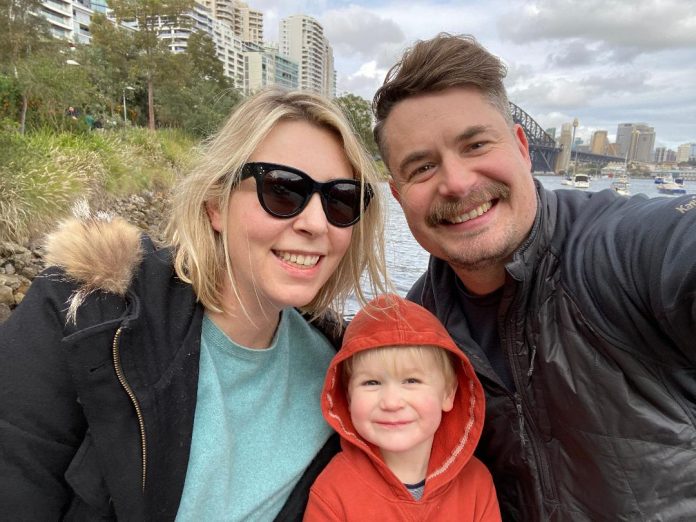Gemma Moriarty knows a lot – too much – about heartbreak. Not long ago her husband Nick suddenly died at just 40 from cardiac arrest; Gemma was six months pregnant with their second child.
As she was to learn, this was a tragedy that may have been avoided with the right advocacy, leading her to volunteer as an ambassador for Heart Research Australia‘s fund-raising and awareness month REDFEB.
The Northern Beaches mum said her husband had been told that his various heart complications were not an issue when they clearly were.
She told Manly Observer: “Nick was born with coarctation of the aorta, but when he was three weeks old he underwent surgery to put a stent in. He also had a bicuspid valve but was always told this was not an issue.
“Until Nick’s death, his heart disease did not impact our lives and this is because the GP said he was fine and never suggested or asked whether Nick was seeing a cardiologist. In 2018 Nick did go and see a cardiologist after he was having migraines, which North Shore Hospital couldn’t determine if they were TIA’s (transient ischemic attacks – mini strokes) or migraines.
“After his check-up the results were sent back to our GP who did a follow up chat .. but said if it hasn’t happened again then it’s nothing to worry about.
“Nick never wanted to be a hypochondriac and figured if the GP wasn’t worried, then he shouldn’t either. How I wish we could scream at our old selves to advocate for our own health and ignore that GP!
“I have been researching so much about the timelines and the missed opportunities. Nick was forever tired, which is actually a symptom of heart disease, but we had a toddler, and he was working shift-work so we thought it was that. Now I look back and see it for what it was: his body wasn’t getting the correct oxygen, his blood pressure was too high and his exercise program was too heavy (lifting weights).
“Fast Forward to October 2020 – Nick died at Northern Beaches Hospital. I was surprised when the police came to my house afterwards just to check there was nothing suspicious, but have since learnt its common when young people die suddenly.
“I was six months pregnant with our second baby that night, and it kills me that our daughter will never meet her dad, from something that may have been prevented. Around 20,000 Australians suffer a cardiac arrest every year, but only 10% of people will survive an out-of-hospital cardiac arrest.”
Heart Resarch Australia, established in 1986 by a group of Royal North Shore Hospital cardiologists to reduce the high mortality rates linked to heart disease, raises funds for innovative research into the prevention, diagnosis and treatment of heart disease.
What advice would she give someone with heart disease?
“If you are born with chronic heart disease (CHD) then ensure, at minimum, you see a cardiologist every two years (seems very basic but I know so many people now with CHD that do not do this!). If it is a car, people service it every year, but when it comes to personal health, people often think they know better.

“If you have CHD ask those around you to learn CPR (cardio-pulmonary resuscitation) and invest in an AED (automated external defibrillator).”
AEDs are lightweight, portable devices used to revive someone from sudden cardiac arrest. They’re often found in public places and are available without prescription.
But AEDs – used to resuscitate disruption in the heart’s electrical activity – are an emergency aid for specific heart problems, including ventricular fibrillation (fast and irregular heartbeat) and ventricular tachycardia (dangerously fast heartbeat).
With irregular heart rhythms the heart doesn’t pump effectively and may suddenly stop. Without immediate treatment the brain and other vital organs don’t receive the blood and oxygen they need and may lead to death or permanent brain or organ damage.

Women are also at high risk of heart disease
As part of REDFEB, Heart Research Australia is also drawing attention to the differences between men and women in heart disease symptoms, prevention and management.
According to Heart Research Australia, heart disease is Australia’s single biggest cause of death, killing an Australian every 30 minutes. And while men are more likely to die from heart disease than women, it is still one of the leading causes of death in Australian women. Moreover, aspects of its prevention, treatment and management are unique to women.
Cardiologist Dr Ashleigh Dind says, “Many of the symptoms women experience may not be recognised as heart disease, thus increasing the likelihood of a missed diagnosis. Although men suffering from a heart attack typically describe chest pain or discomfort, women are more likely to have non-chest pain symptoms such as shortness of breath, weakness, fatigue and indigestion, and frequently with worse consequences.”
Furthermore, Menopause reduces women’s natural protection against heart disease.
“As women reach their fifties and navigate menopause, their risk factors for heart disease are more likely to increase as the protection they have received from oestrogen declines,” Dr Dind explained. “Oestrogen plays an important role within women’s bodies. One of the many things Oestrogen helps do is keep the blood vessels in the body stable and functioning well,” says Dr Dind. “With less oestrogen, women are more likely to develop plaque in the arteries surrounding the heart or have this plaque rupture, increasing the risk of a heart attack. Oestrogen also has beneficial effects on sugar regulation and insulin.”
For more information on REDFEB and to donate, visit: www.heartresearch.com.au
New resources include two educational videos and a free wallet card that outline the different signs and symptoms of a heart attack for both men and women, plus a ‘Heart Attack Action Plan’ should the situation arise.




